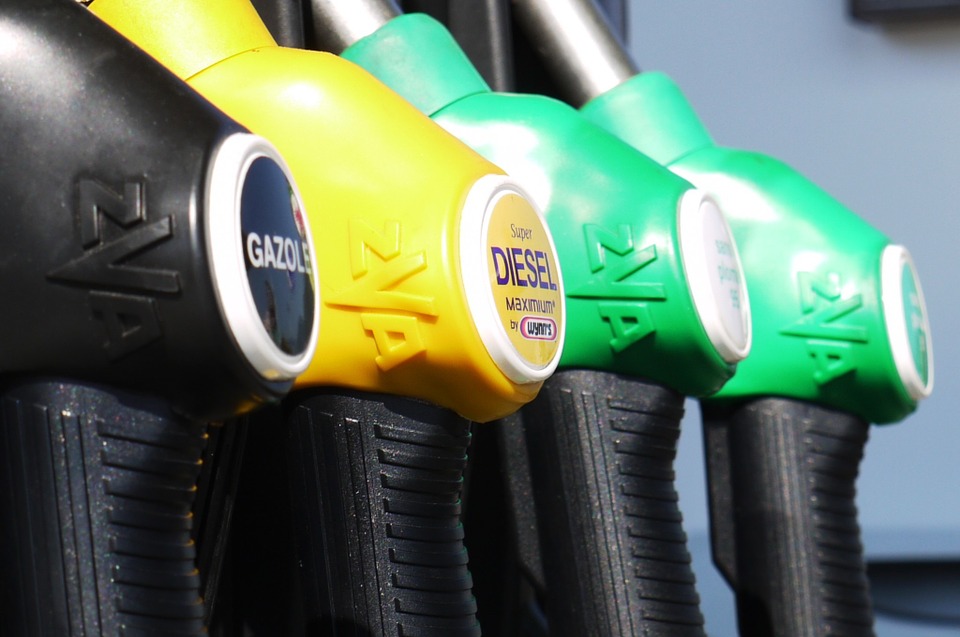75% of highly polluting diesel cars yet to be recalled across EU

May 30th, 2019
Three out of four highly polluting diesel cars have yet to be recalled for fixes, a new analysis of the most recent EU data has revealed.
The analysis conducted by Brussel-based Transport and Environment (T&E) shows that only 10 of the 43 million cars from manufacturers caught up in the Dieselgate emission scandal have been recalled for upgrades since 2015.
According to the new T&E report, 70 per cent of the 54,146 highly polluting Volkswagen, Audi, Seat and Škoda cars in Ireland have been voluntarily recalled to date.
The majority of cars in need of fixes belong to Volkswagen with over four million vehicles designated for recall in Europe.
Volkswagen is trailed by Audi, which has nearly two million highly polluting diesel cars estimated for recall.
Dieselgate was an emission-rigging scandal involving German automaker Volkswagen as well as a number of other well-known car companies.
In September 2015, the US Environmental Protection Agency (EPA) and California Air Resources Board (CARB) accused Volkswagen of installing illegal software on its automobiles that helped them avoid standards on diesel emissions.
The company later confessed to the accuracy of the allegations, testifying that its diesel cars were equipped with a “defeat-service software” capable of cranking up pollution controls which aided the cars in passing emission control tests.
The revelation led to the resignation of Volkswagen’s Chief Executive Officer Martin Winterkorn followed by a $14.7 billion court settlement.
The scandal also prompted tighter EU regulations for vehicle control tests set to enhance market surveillance for motor vehicles.

In line with new European reforms, regular audits of national vehicle authorities by the EU Commission must now take place every five years to ensure that rules are applied correctly.
Diesel is charged at 11c less per litre than petrol in Ireland with the European Commission calling Ireland’s policy “environmentally unjustified” and has encouraged the State to equalise the price.
Diesel engines are reportedly more efficient and emit less carbon dioxide than their petrol counterparts, but they also emit nitrogen oxide which triggers asthma and other serious lung ailments linked to urban smog.
According to a 2017 study published in Environmental Research Letters, half of the estimated 10,000 deaths linked to pollution from light-duty diesel vehicles across Europe would have been avoided if real-world nitrogen oxide emissions matched lab readings.
A total of 425,000 premature deaths are linked to poor air quality in the EU, Norway, and Switzerland, 90 per cent of which are caused by respiratory and cardiovascular diseases related to exposure to fine particulate matter.
The European Environmental Agency estimates that over 70,000 European citizens die from poor air quality caused by high levels of nitrogen dioxide in cities each year.
[x_author title=”About the Author”]







